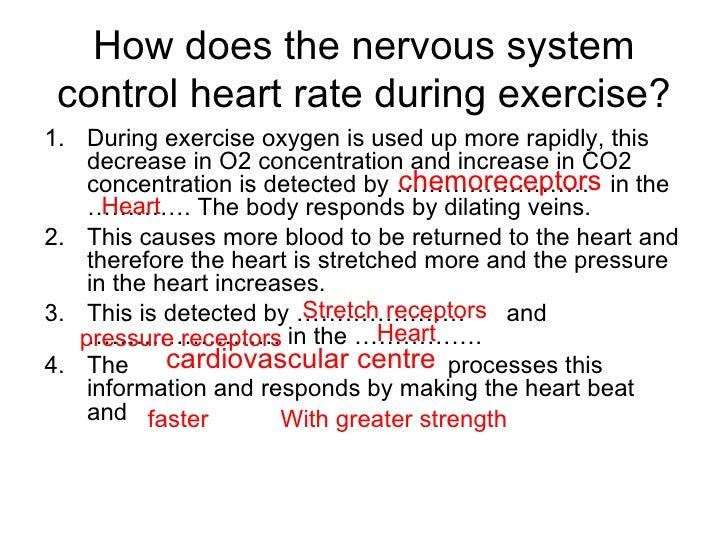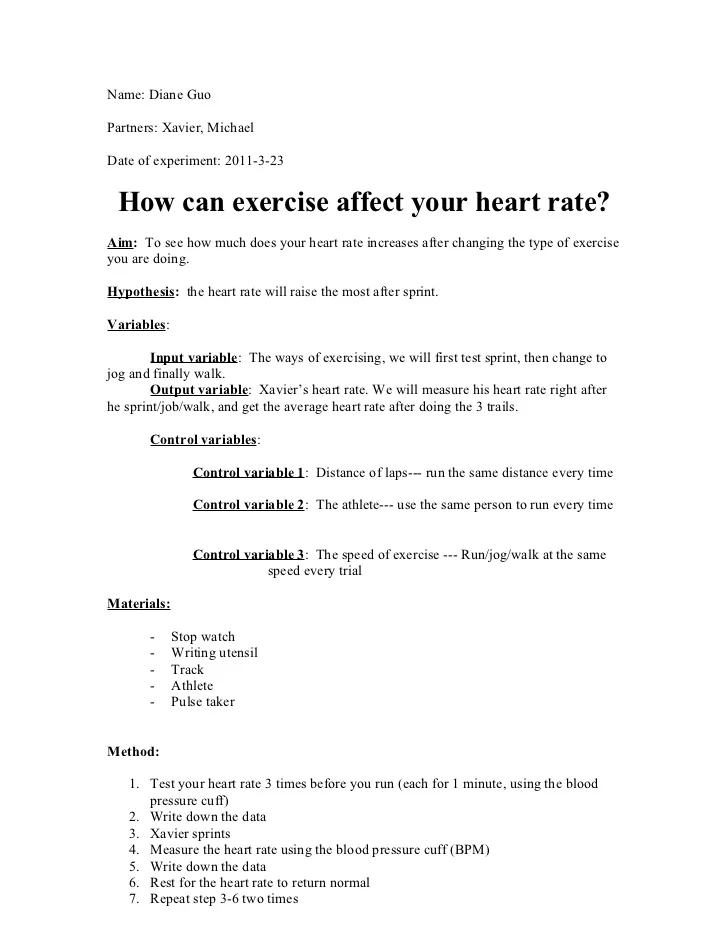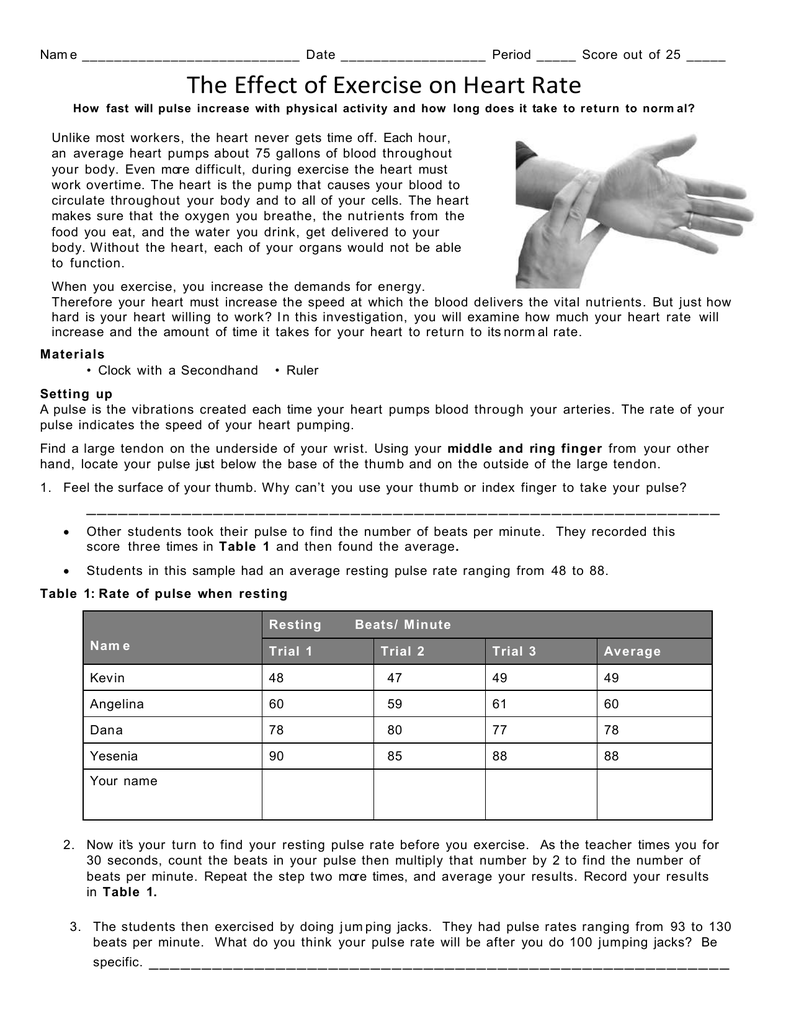Why Does Pulse Rate Increase After Exercise
Reasons behind increased heart rate when exercising. What happens inside our bodies when we exercise.
 Heart Rate Recovery Immediately After Exercise As A
Heart Rate Recovery Immediately After Exercise As A
why does pulse rate increase after exercise is important information accompanied by photo and HD pictures sourced from all websites in the world. Download this image for free in High-Definition resolution the choice "download button" below. If you do not find the exact resolution you are looking for, then go for a native or higher resolution.
Don't forget to bookmark why does pulse rate increase after exercise using Ctrl + D (PC) or Command + D (macos). If you are using mobile phone, you could also use menu drawer from browser. Whether it's Windows, Mac, iOs or Android, you will be able to download the images using download button.
The signaling process that stimulates your heart to beat faster during exercise is complex with inputs coming from many parts of.
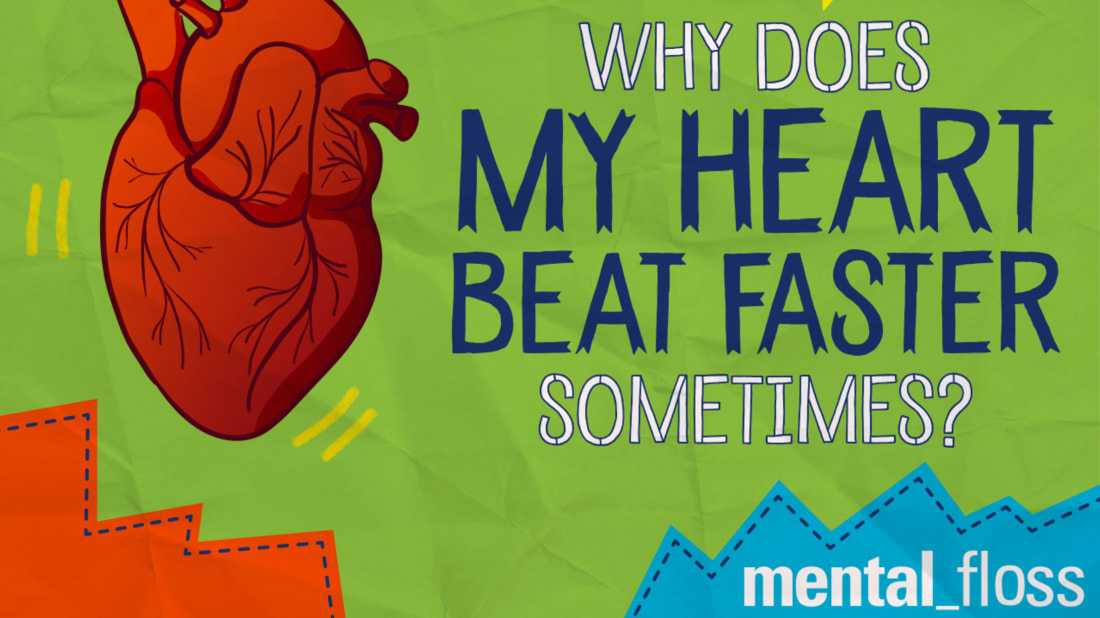
Why does pulse rate increase after exercise. When a person exercises the heart rate otherwise known as the pulse will increase rapidly with the output of energy. When you exercise your muscles use more energy. Pulse rate is an indication of your heart rate as your arteries expand each time the ventricles pump blood out of the heart.
The actual numbers vary because everyones heart rate varies even between similar people at similar fitness levels. As mentioned above the heart rate or pulse rate increases and decreases to adjust with the bodys requirement of oxygen at different times and while undertaking different activities. There is an increase in pulse rate and breathing rate after vigorous exercise because when exercising the muscles are being used and they required oxygen rich blood and the heart needs to work harder to pump this oxygen rich blood around the body.
This happens because energy is not being used as quick therefore cells require less energy hence the heart does not need to pump blood as much as less oxygen is required for it to be used as energy. If youve ever wondered why your heart rate increases during exercise then you should know that while you exercise or carry out any vigorous physical activity your muscles require a large amount of energy. Why does heart rate increase during exercise.
Exercise increases the rate at which energy is needed from food increasing the need for both food and oxygen by the body. During the recovery time after exercise the pulse and breathing rates return to normal. Your pulse two minutes after exercise is what is called your recovery heart rate and that rate will go down as you become more fit.
Why does exercise make your heart rate go up. Your heart rate slows down when you stop exercising. Both the breathing rate and the pulse rate will substantially increase with exercise.
So why does your pulse rate increase when you exercise. Search for symptomscauses and treatments of heart related diseasefor your health. What is a normal pulse rate after exercise.
This is why when we exercise both pulseheart rate and breathing rate increase. What is a normal heart rate during exercise. A fit person or athlete experiences a smaller increase in pulse during exercise and a shorter recovery time afterwards.
Your heart must beat faster to supply them with the oxygen they need to produce that energy. The following segment takes you to the answer. As time increases after you have done exercise the pulse rate decreases.
The bbc points out that an increased pulse rate indicates the rate at which the heart is pumping and the arteries are expanding. The primary function of the heart is to pump oxygenated blood throughout the human body as part of the circulatory system.
Exercise Physiology Cardio Cns Contribution
 Body In Action Changing Levels Of Performance Exercise And
Body In Action Changing Levels Of Performance Exercise And
 Heart Rate Recovery Immediately After Exercise As A
Heart Rate Recovery Immediately After Exercise As A
 State One Reason Why An Individual S Pulse Rate Increased
State One Reason Why An Individual S Pulse Rate Increased
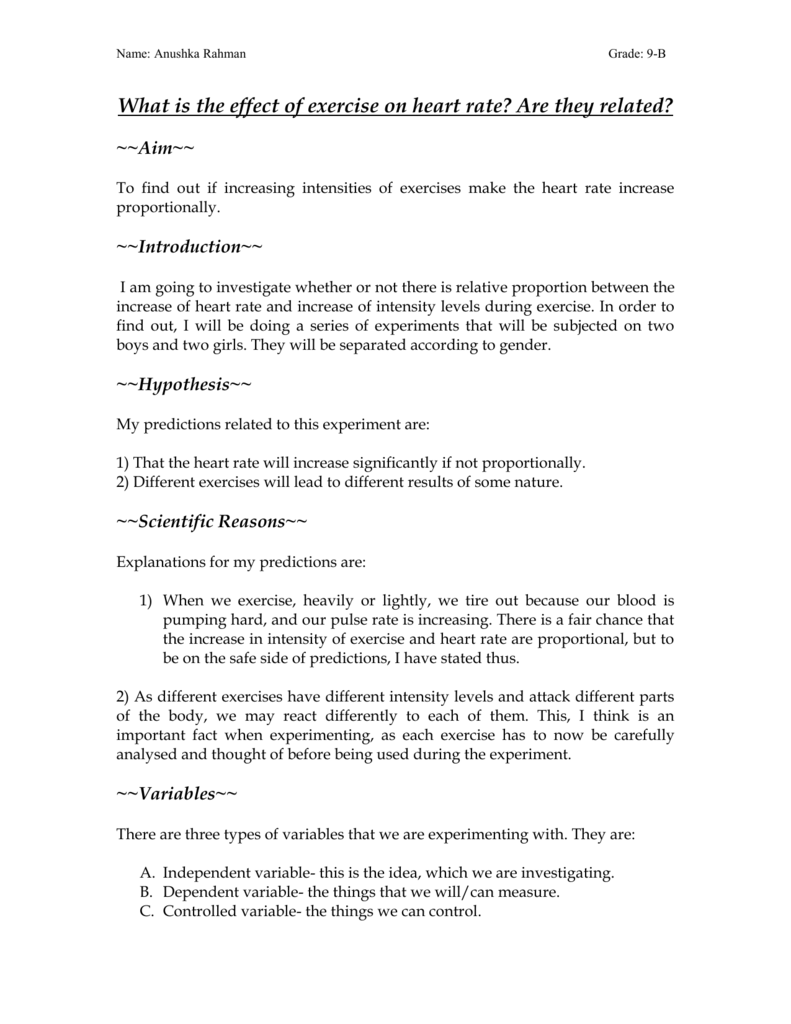 Title What Is The Effect Of Exercise On Heart Rate
Title What Is The Effect Of Exercise On Heart Rate
 Heart Rate Recovery Immediately After Exercise As A
Heart Rate Recovery Immediately After Exercise As A
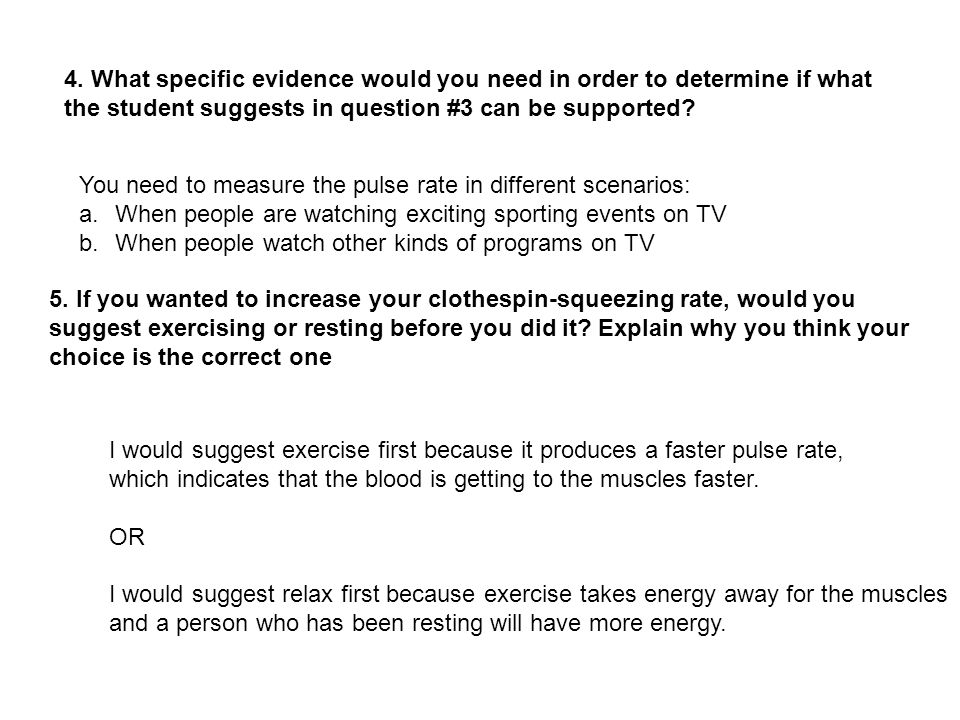 1 What Does An Increased Pulse Rate Indicate About The
1 What Does An Increased Pulse Rate Indicate About The
Heart Rate Recovery After Treadmill Electrocardiographic
